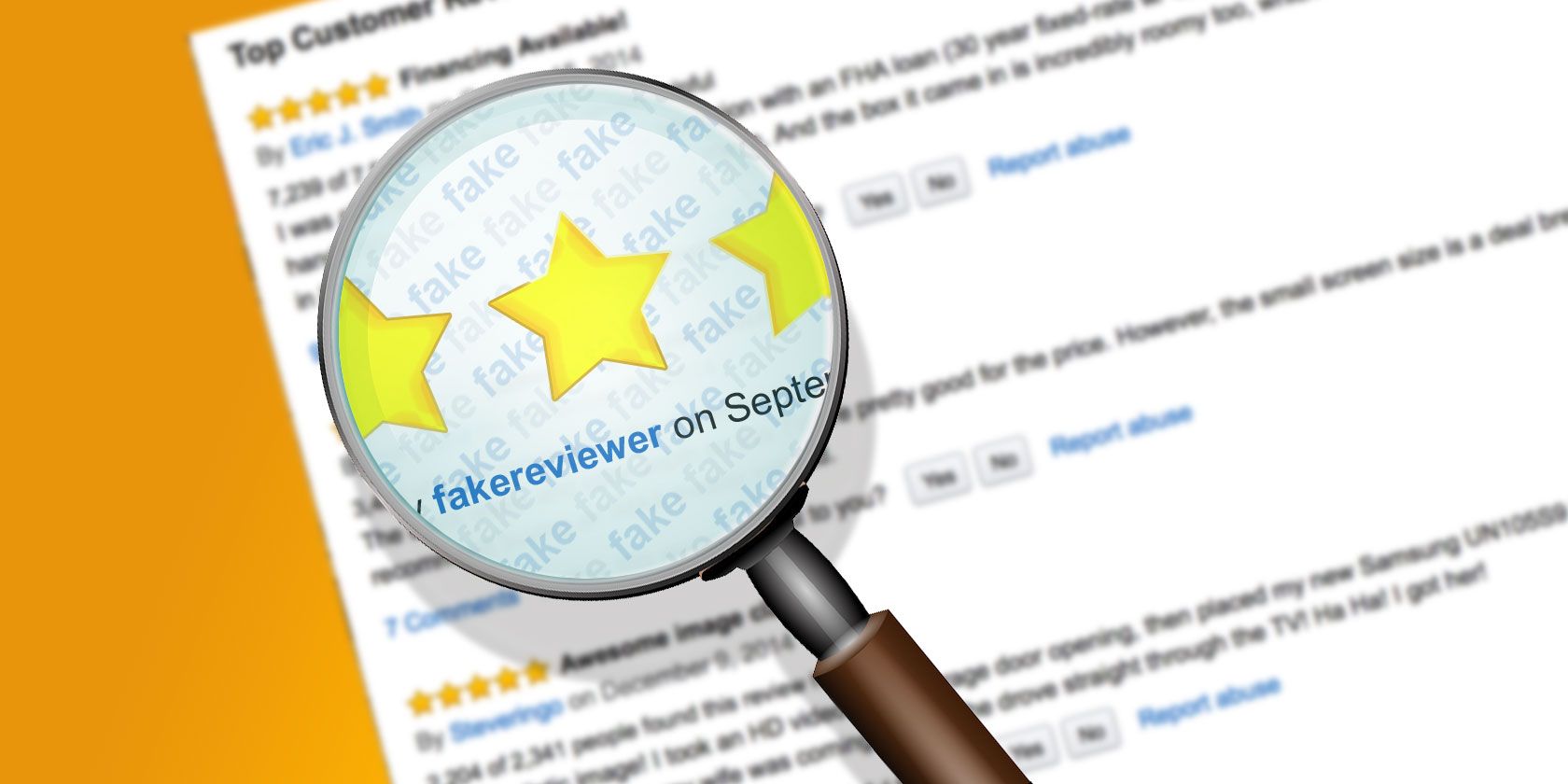People have finally started taking online privacy and security seriously, and Virtual Private Networks (VPNs) are gaining popularity day by day. However, randomly selecting a VPN and trusting it blindly is a fatal mistake.
Not many people are aware that while they’re using a VPN to safeguard their online presence, there are a handful of VPN scams that they may be falling prey to.
So, what are these scams, and how can you avoid them?
1. Free VPNs or Questionable Pricing
No one likes to pay for a facility that they can get for free. But at the same time, you get what you pay for. Although free VPNs seem to be a deal that's too good to refuse, the reality is quite the opposite.
Most reliable VPN services charge a fee to keep the service afloat. This is because a VPN service is not something that can be made available cheaply. So, if a vendor claims to offer a free service, you need to double-check their business model and make sure they aren’t involved in any dodgy activities.
The majority of free VPN services collect user data and sell it to third-party advertisers and service providers. They also lack proper security features like a kill switch and the standard 256-bit encryption to protect your data.
While free VPNs may be suitable for casual browsing or data protection on public Wi-Fi networks, privacy-conscious users need premium services to safeguard their data and internet activity.
2. Lifetime Subscription Scams
There are several VPN vendors that advertise their services with the promise of a lifetime subscription. The banners and ads for these VPNs come with a considerable price that’s crossed and replaced with a hard-to-believe smaller sum. Users are promised a lifetime subscription for a price that is too good to believe.
Once the users are lured in, and they end up paying for a supposedly “lifetime subscription,” the VPN works well for the first couple of months, but eventually, the speed is downgraded and the bandwidth reduced.
That being said, not all lifetime subscriptions are scams. Windscribe—a popular VPN provider—offered a lifetime deal and held up its end of the bargain. But here's the important thing: Windscribe backed the deal up with a legitimate business model. They only offered the deal for a limited period to help get maximum exposure out of it.
Therefore, when purchasing a lifetime subscription deal, conduct thorough research into the vendor and its business model to ensure you don’t end up wasting money.
3. Vague Zero-Log Policy
Most VPNs promote their services under the zero-log policy slogan. The users are assured that the service provider won’t be logging any information about their data and online activities.
The problem is that a handful of VPNs, including reputable vendors, log users’ data and store connection timestamps. VPNBook, for instance, claims to have a strict no-log policy, but the privacy policy on its website suggests otherwise. It categorically states that “the only thing we log is the IP address and time the connection was made.”
Most VPNs that keep users’ data and connection logs claim to use the data to drive analytics and further improve the quality of their services.
However, for VPN services based in one of the Five-, Nine-, or 14-eyes alliance states, authorities can legally access this data to track a user’s location. The practice of logging users’ data ultimately defeats the purpose of using a VPN.
4. Unsubstantiated Claims
In the crowded VPN market, vendors often make exaggerated claims to take an edge over their rivals. These claims, however, are often made as marketing gimmicks intended to draw attention fast.
Most of these claims revolve around VPN features such as lightning-fast speeds with unlimited bandwidth and no data caps. There are also claims about a massive number of servers or location options and using state-of-the-art encryption algorithms.
Make sure you take your time and research all the options before finalizing a VPN service. Always verify the claims by going through customer reviews and testimonials or utilizing a free trial to get an insight into the quality of the service.
5. Fake Reviews and Testimonial Pages
The increasing frequency and intensity of cybercrimes have significantly elevated the use of VPNs. As such, new companies are entering the market and using various promotion tactics to attract customers. One such tactic includes fake reviews and testimonial pages or websites where users are paid to provide positive feedback about the VPN.
Many VPN vendors also own review websites that publish digital content about VPNs. PCMag, for instance, is a popular website that regularly reviews VPN services. It owns IPVanish and StrongVPN and always recommends them in guides about the best VPNs.
Most of these reviews only cover the strengths of the VPN and overlook genuine concerns and disadvantages of the service. Such recommendations are biased and cannot be trusted when choosing a VPN.
A good practice is to read reviews from genuine users using transparent third-party platforms. When reading VPN reviews, make sure the tone is informative and educational. If a review focuses solely on the strengths of the service provider or feels too promotional, it’s likely trying to sell it and should not be trusted.
How to Avoid VPN Scams
Here are a few ways you can avoid VPN scams:
- Do not subscribe to free VPNs unless you really trust them and know their practices inside-out. They typically impose data caps, have a low server network, and lack security features. They may also log your data and connection timestamps which can be counter-productive for your security and privacy.
- Double-check the vendor’s business model before purchasing a lifetime deal.
- Make sure the VPN is based in a country with privacy-friendly laws. Avoid VPNs based in any of Five-, Nine-, and 14-eyes alliance states as much as possible.
- Read the vendor’s privacy policy and terms of service.
- Watch out for VPNs with security breaches.
- Choose VPNs with a known positive reputation in the industry.
Don’t Compromise on Your Personal Information
With the increasing number of cyberattacks and hacking cases, a VPN has become an online necessity. Being equipped with knowledge about VPN scams, you can easily distinguish the good from the bad in the highly competitive VPN market.





